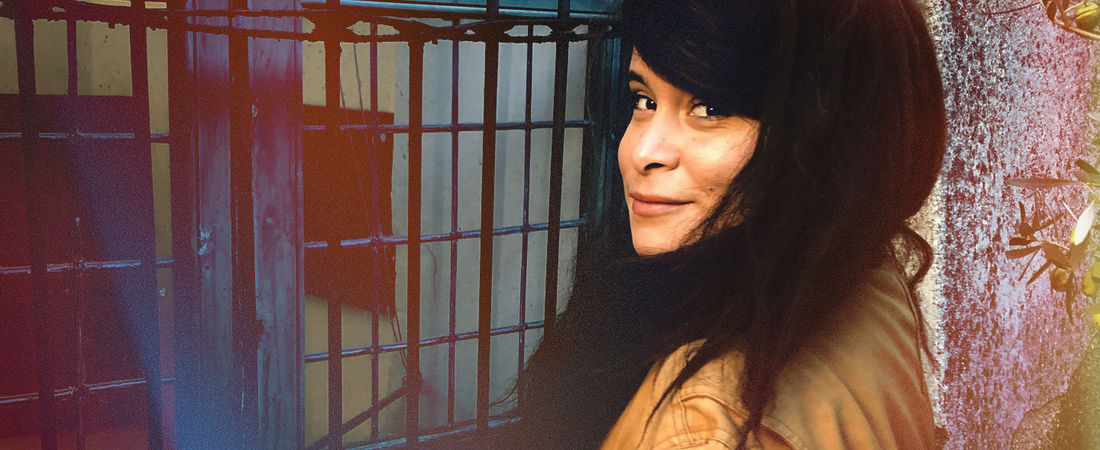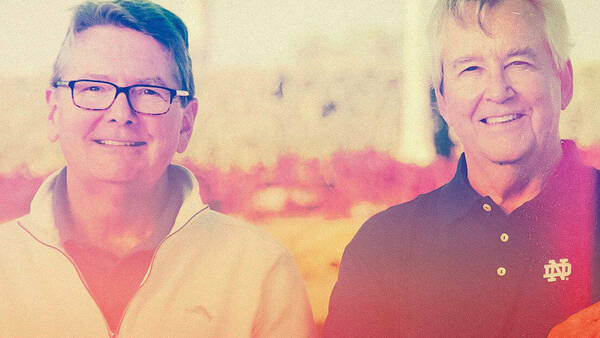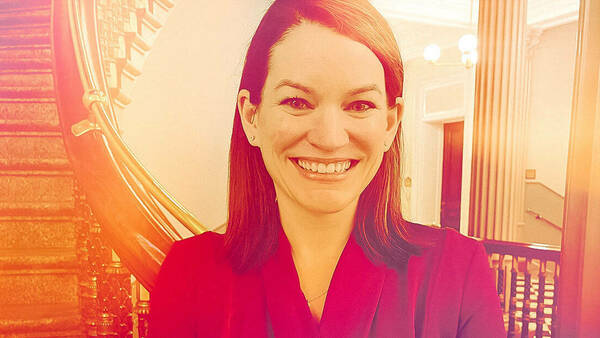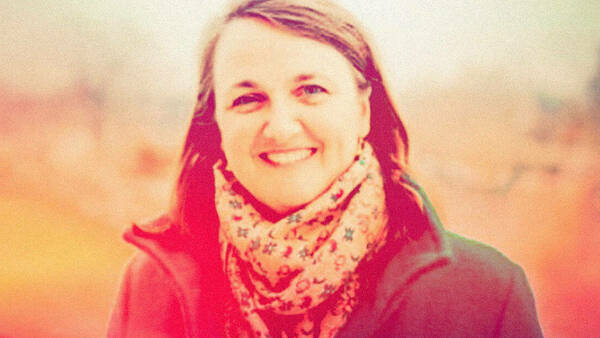A babysitting job changed the course of Katlyn Turner’s career.
Turner, a chemical engineering major in Notre Dame’s Class of 2012, remembers that she couldn’t see herself working for one of the big oil and gas companies, like Exxon or Shell, like many of her peers in the major. But she had no way of knowing that the babysitting she did to earn money in her spare time would one day lead to a career in research focused on inclusive innovations in science and technology.
Turner, then a student worker in the Provost’s Office, got many of her babysitting gigs through faculty members she met in the course of that job. One summer evening between her sophomore and junior year, Turner’s babysitting job was at the home of Peter Burns, Professor of Civil and Environmental Engineering and Earth Sciences. Turner was playing the piano when Burns and his wife got home, and they got to talking about her interests.
“I remember him saying, ‘You’re an engineering student, and you’re playing the piano at my house. And you’re babysitting instead of having a research job. What is your story?’” Turner recalls.
They talked about her interest in climate change and health care, and Burns suggested she think about graduate school. “In the Provost’s Office, I got to learn a lot about how universities work, and started considering that it would be cool to work at a university someday, as a professor,” Turner says. “But I had no idea how to do that.”
Through the conversation with Burns, on what Turner now calls “that fateful day,” she got a job working in his lab on campus, studying nuclear waste management. Today, nearly a decade later, Turner has a Ph.D. from Stanford and is a research scientist at the MIT Media Lab, an interdisciplinary research lab at the Massachusetts Institute of Technology that encourages the pairing of seemingly disparate research areas. Unique among research labs, the MIT Media Lab’s approach is a perfect fit for Turner, who is dedicated to incorporating anti-racism in technology design.
“I work on how socio-technical systems, which are any systems that include humans, technological parts, and legal frameworks, can be more equitable,” she says. “And a socio-technical system is anything from public transit, where you have people interacting with a bus or a train system, to something really complicated, like a nuclear power plant where you have people and laws and land interacting with a power plant that's producing energy. I work on how these systems can be more inclusive, more feminist, more anti-racist, and can be more just reflective of an equitable world — because right now, they aren’t.”
She started on this path in Burns’ lab at Notre Dame, where they studied how the chemical compounds produced by nuclear energy behave in water and air, to better understand the risks in the event of accidents at nuclear energy sources.
“That [lab work] was the most important experience during that time for me, because it helped me realize the importance of [being interdisciplinary],” Turner says. “Professor Burns is a geologist by training, but working on chemistry. There were people in his lab from all different majors, and it was a very diverse lab and there were lots of women. There were different voices and backgrounds in the room, thinking about these issues. Not a single one of us in that room had the same degree or the same training or the same experience, yet we could all come together to work on this problem and we all had something to contribute. That was really motivating for me.”
Turner, who is African American, is also motivated by her own family experience, noting that her grandparents and some of her aunts weren’t encouraged to get a college education. She’s determined to enhance equity for all in her work now.
“There's plenty of people all around the country who, regardless of their race, grow up in areas where they don't have access to the type of education or socioeconomic resources that I had access to growing up, and that I also certainly had access to starting from when I went to Notre Dame,” Turner says. “That doesn't mean that they wouldn't be good researchers or good scientists, it just means that the systems that we have aren't equipped to support people who come from backgrounds that are not highly exclusive, privileged backgrounds — whether it's about race, gender, socioeconomic status, or some combination of those factors.”
This awareness, coupled with the knowledge from her research that nuclear waste contamination disproportionately impacts communities of color and Indigenous groups, drove Turner towards projects that would impact public policy. Like her mentor Professor Burns, Turner studied geology, earning a master of science in earth and environmental sciences from the University of Michigan and her Stanford Ph.D. in geological sciences. Now, she uses her science knowledge in service of disadvantaged groups.
“Watching policy unfold in recent years, it felt less important to be working on the specific chemistry of a specific material, but more important to be working on the science policy. For example, why is it that we have nuclear and environmental waste policies that make it really hard for the poor, for minorities, to have a fair shake as stakeholders?” she says. “First, I decided to focus on learning how nuclear policy works, and comparing that to other types of policy, like cybersecurity, for example, and other sorts of energy policies. And then I became convinced that if I wanted to make a difference in the world today, the most pressing issue is making sure that the rapidly modernizing waves of technology have equitable impacts.”
She’s currently working on a project to discover more about how technology is driven by assimilationist standards, which, problematically, hold that racial equity is best achieved by rectifying behavior and culture to match that of the majority racial group. Turner’s goal is to combat assimilationist ideas and make digital algorithms more anti-racist.
“When products are developed, algorithms are written, and data is collected, they are often designed with an assimilationist standard of a person or end-user in mind,” Turner says. “The way we encode systems today, if it is not done right, the potential for harm is enormous. And harm is a result of a system that didn’t consider inclusive perspectives. All these people in the U.S., and around the world, don’t have a seat at the table or equitable representation to advocate for a fair outcome when these technologies are developed.”
But going forward, thanks to Turner’s work at the Media Lab, there will be more seats at the table and less potential for harm for future generations. Learn more about her research at https://www.katlynmturner.com/.



